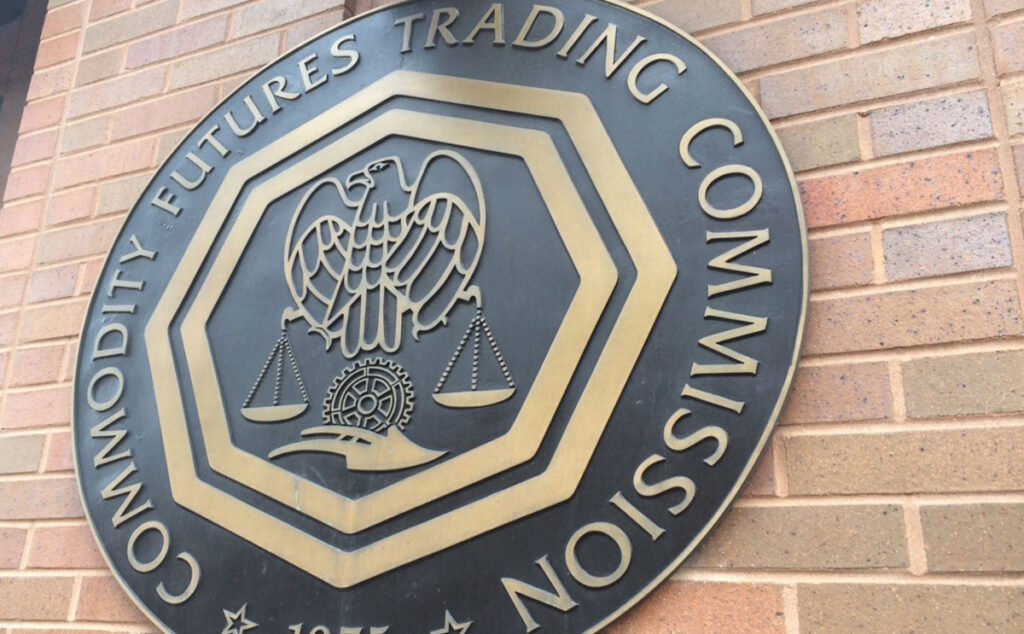Dubai, United Arab Emirates, April 17th, 2024, Chainwire
Klickl International, a forward-thinking provider of financial infrastructure based in Abu Dhabi, is pleased to announce its recent accomplishment of securing the Financial Services Permission (FSP) from the Financial Services Regulatory Authority (FSRA) of the Abu Dhabi Global Market. This achievement highlights Klickl’s dedication to tackling challenges across the Web3.0 and virtual asset landscape by developing an integrated financial platform that harmoniously blends traditional finance (TradFi) with the expanding realm of cryptocurrency.
Being founded in Abu Dhabi, Klickl strategically harnesses the emirate’s progressive regulatory environment and dynamic economic backdrop. This strategic positioning enables Klickl to streamline processes, bridging the gap between traditional financial markets and the digital economy. Such an approach not only ensures smoother transitions and improved accessibility but also lays the groundwork for integrating the next one billion users into the Web3.0 ecosystem.
Klickl’s platform is uniquely designed to be destination-agnostic, operating under a decentralized global licensing scheme that empowers users across various jurisdictions. This innovative framework not only advances inclusivity in financial services but also makes a notable impact on the global virtual assets community, facilitating seamless exchanges across diverse financial domains.
Michael Zhao, CEO of Klickl, shared his vision: “Obtaining the FSP license from FSRA marks more than a regulatory milestone; it validates our vision to merge traditional finance and cryptocurrency seamlessly. Our deep-rooted presence in Abu Dhabi, a region renowned for its pioneering strides in financial innovation, has equipped us to pioneer solutions that anticipate and fulfill the diverse needs of today’s global investors.”
Zhao added, “We are grateful for the unwavering support of the Abu Dhabi Global Market and the FSRA. Their forward-thinking regulatory policies are indispensable in our quest to redefine financial infrastructure. As we move forward, Klickl is excited to continue breaking new ground, ensuring the digital economy is accessible, secure, and efficient for everyone.”
With this new licensing, Klickl is set to expand its operations, offering robust, secure, and compliant financial services that are designed to meet the needs of today’s dynamic financial landscape and tomorrow’s digital horizons.
About KLICKL
Klickl International is a premier Web3.0 Open Finance platform headquartered in the UAE within the Middle East region. It provides the Web3.0 Sector with professional banking and digital payment solutions as a foundational infrastructure bank. Through its own crypto infrastructure, global settlement systems, and a network of traditional banking partners, it offers ecosystem participants a one-stop account, custody wallets, payments, settlements, on/off ramps, and trading services in a distributed regulatory compliance environment. Established in Abu Dhabi and backed by the support of the UAE Government and regulators, it operates within compliance of virtual assets financial business with vision to seamlessly link the digital economy and traditional finance by establishing a global stablecoin ecosystem within a compliant framework to convey the value of future finance.
About ADGM
As a world class regulator in UAE, Abu Dhabi Global Markets , Financial Services Regulatory Authority introduced the world’s first-of-its-kind comprehensive and bespoke Virtual Asset regulatory framework in 2018 to provide inclusive and robust regulations and provisions or organizations. With the aim of strengthening and transforming the economy of Abu Dhabi, ADGM has cemented its position as a leading global hub and business platform for virtual asset activities.
Contact
Marketing Manager
Ivy Baiok
Klickl
marketing@klickl.com










